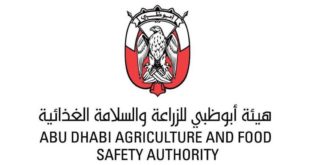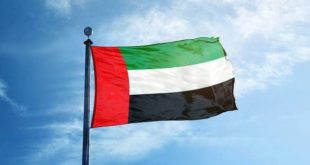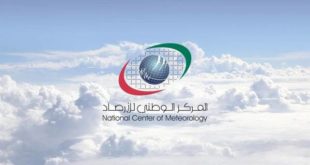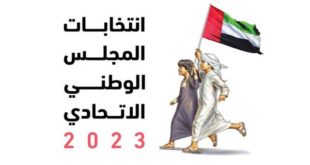Media IN Riyadh May, 16 2019
Economic reforms in Saudi Arabia have started to yield positive results, with non-oil growth picking up and female labour force participation and employment increasing, according to the International Monetary Fund (IMF).
International Monetary Fund (IMF) further said that economic reforms on tax such as the 5% VAT could be raised in consultation with other Gulf countries since it has underpinned an increase in non-oil fiscal revenues.
In a new report on the Saudi economy, the IMF noted that energy price reforms have helped reduce per capita consumption of gasoline and electricity, measures have been introduced to compensate low and middle-income households for the higher costs resulting from reforms, while fiscal transparency has increased.
Real GDP growth rebounded to 2.2 percent after contracting in 2017. Real oil GDP increased by 2.8 percent (3.1 percent decline in 2017), while non-oil GDP growth rose to 2.1 percent (1.3 percent in 2017).
Government spending increased, but the exit of expatriate workers and dependents appears to have held back growth, it added.
Real non-oil growth is expected to further strengthen to 2.9 percent in 2019. Recent monthly indicators have been positive and the increase in oil prices since the turn of the year is boosting confidence.
It added that consideration should be given to raising the rate from 5 percent, which is low by global standards, in consultation with other GCC countries.
Reforms to the capital markets, legal framework, and business environment are also progressing well but challenges remain, it added.
The report said Saudi government spending has risen, supporting growth but raising medium-term fiscal vulnerabilities to lower oil prices.
According to IMF, Fiscal consolidation is needed to reduce these vulnerabilities. More generally the economic footprint of the public sector is still large. The unemployment rate of nationals remains high. Job creation is a key challenge identified under the government’s reform program. To deliver a diversified, productive and competitive economy, reforms need to make Saudi nationals more competitive for private sector jobs, raise foreign direct investment, and increase the availability of finance for young and growing companies.
Its statement of the 2019 Article IV Mission to the Gulf kingdom said economic outcomes improved in 2018.
The fiscal deficit narrowed in 2018 to 5.9 percent of GDP, the IMF said, adding that despite the budget surplus in the first quarter, the deficit is expected to rise to 7 percent of GDP in 2019.
“If oil prices are lower than assumed in the government’s budget plan, the country would face large fiscal deficits unless spending was reduced, but from a starting position of weaker fiscal buffers than in 2014,” its report noted.
It added that labour market reforms should focus on areas to encourage Saudi nationals to work in the private sector and companies to hire them.
Saudi authorities should clearly signal that government employment will not increase in the future so that the wage at which workers are willing to accept a private sector job is lowered, the IMF said.
It also urged the kingdom to strengthen education, training, and career development to equip students with the skills in demand in the private sector while also increasing the mobility of expatriate workers through reform of the visa system.
IMF official also called for regulations to be reviewed to ensure there are no impediments to female employment.
The exchange rate peg continues to serve Saudi Arabia well given the current economic structure. SAMA’s foreign exchange reserves remain at very comfortable levels.
 Media ININ Economy We Trust
Media ININ Economy We Trust








